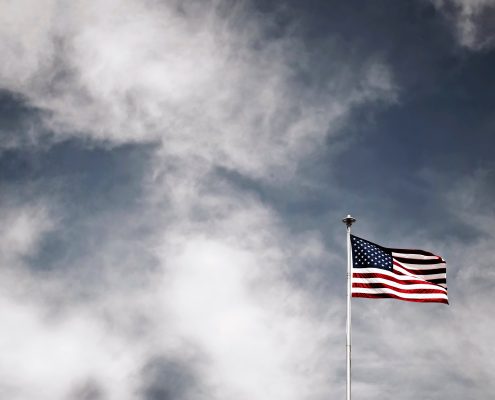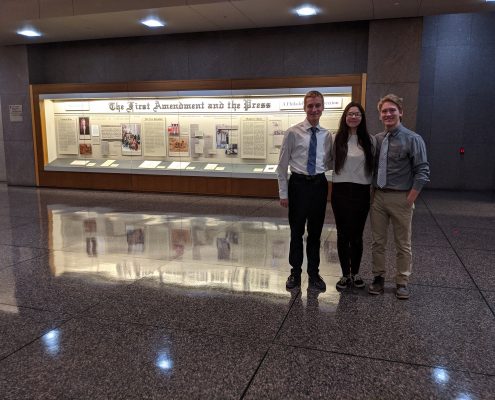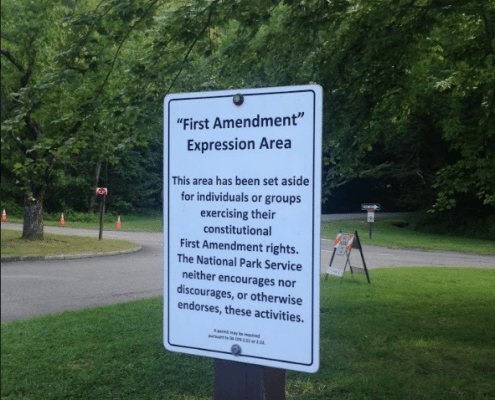Posts

Time, Place and Manner Restrictions on the First Amendment
First Amendment, Lawsuit, Updates
In previous posts, we have discussed the importance of the First Amendment. We have also discussed that speech is not always just speech — it can also be conduct. Today, we are going to talk about legitimate government restrictions on the…

Attorney Crossett Represents Mail Carrier in Religious Liberty Case
Religious Freedom
At Cornerstone Law Firm, we believe the First Amendment defends each individual's right to live freely according to their deeply held conscience and faith.
In a recent religious liberty case, Attorney David Crossett represented a Lancaster…

News Release: Christian Mail Carrier Discharged for Not Delivering Packages on Sunday Asks Federal Court for Judgment
Religious Freedom
FOR IMMEDIATE RELEASEFebruary 17, 2020For interview requests or questions, contact: Dan Bartkowiak717-657-4990, dbart@indlawcenter.org
(LANCASTER, PA – February 17, 2020) On Friday, February 14, a United States Postal Service (USPS)…

Oley Valley Students Settle First Amendment Lawsuit
First Amendment, Lawsuit, Updates
Every American has the right to free speech under the First Amendment. That's why Cornerstone Law Firm is glad to announce that our clients, three students in the Oley Valley School District, have had their voices heard in their recently settled…

National Park "First Amendment" Signs Should Come Down
First AmendmentLast week, after observing signs in National Parks purporting to limit the exercise of the First Amendment, Attorney Joel Ready sent the following letter to Ryan Zinke, Secretary of the Department of Interior, and to Michael Reynolds, the director…
